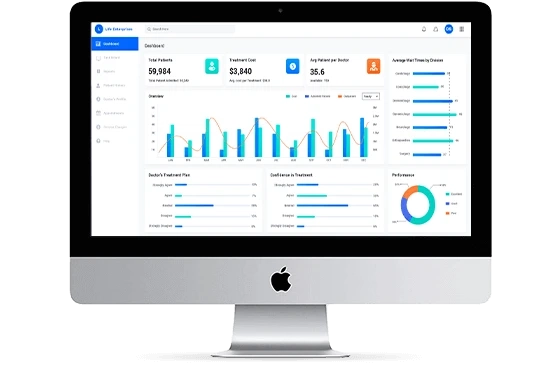Clinical results have been found to improve with effective patient engagement. However, selecting HIPAA compliant patient engagement technologies can be challenging. Here are a few basic feature sets.
Omni-Channel Communication: A user-friendly interface is required for the best possible digital patient engagement as virtual care solutions are deployed in healthcare. When there are several options for communicating with doctors, patient engagement software is easier to utilise. Omnichannel communication makes it easier for patients from various backgrounds to communicate with clinicians, regardless of technology skill. The results include improved patient experiences, better medical results, and enduring patient confidence.
Security and compliance: Using smart technology generates data. Data security and privacy have become more important as ICT is incorporated into healthcare on a larger scale. Before being included into the patients\' medical records, data generated during doctor-patient contacts must be analysed. Platforms for handling medical information must therefore adhere to HIPAA regulations controlling data protection.
After-appointment follow-ups: The US spent more than $3 trillion on healthcare. With appointment follow-ups, the most of it might have been avoided. As was already mentioned, skipping appointments frequently exacerbates chronic illnesses and is responsible for 7 out of every 10 fatalities each year. Appointment follow-ups are therefore a vital part of patient engagement systems. As a result, if you\'re a medical professional looking for patient engagement solutions, make sure it includes an intuitive interface for setting up follow-up appointments.
Scalability for Third-Party Integrations: A prerequisite for patient involvement in hospitals and clinics is the capacity to link external third-party applications with existing healthcare systems. Platforms for healthcare interoperability are developed using application programming interfaces (APIs). APIs ensure that existing systems to communicate with external third-party applications like telemedicine, lab data, and clinical data analytics as the organisation expands. Electronic health records are becoming crucial in the healthcare industry.



